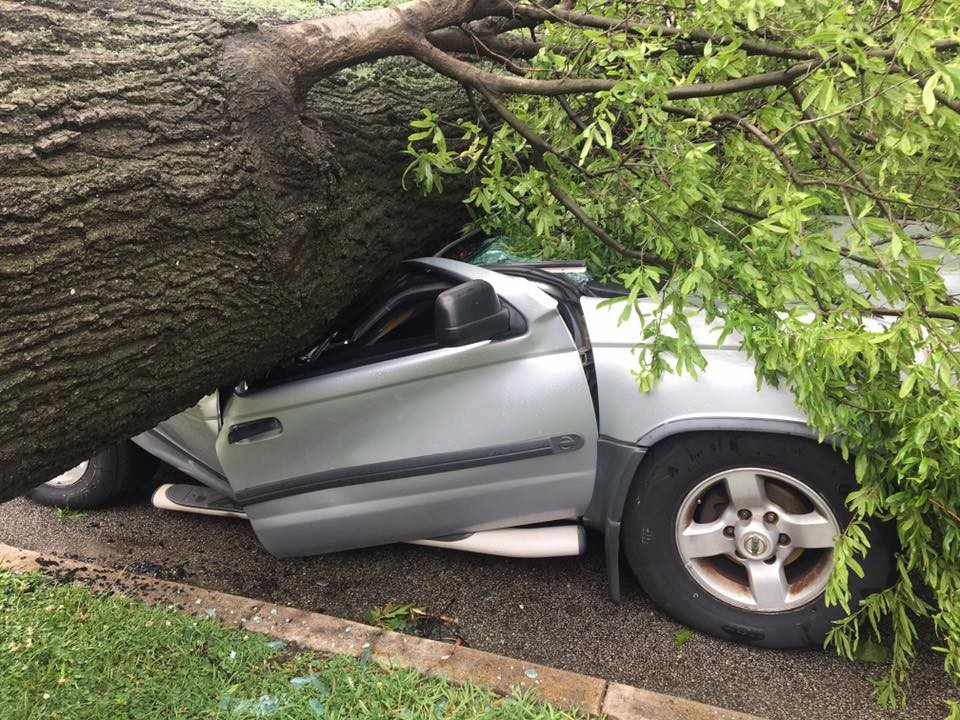There is a serious argument to be made that the most important recent development on the national political scene is not the ongoing and inexorable rush to judgment on the troubling Russophilic foibles of President Donald J. Trump, a Barnum-
like figure who seems more and more out of his element, even dangerously so. That would be the alarming decision by Trump to remove the United States from the common-sense Paris Accord pledging the nations of the Earth to work together on a means to combat the unmistakable menace of climate change.

Trump’s decision puts the United States, formerly something of a leader on the environmental front, in the unaccustomed position of an international outlier — at variance not only with scientific consensus but with world opinion. As such, it is as much a scandal and embarrassment as is his cavalier disregard of the nation’s long-established NATO alliance. The president’s decision to jettison such environmental safeguards as currently exist (backed by his scofflaw appointee as EPA head Scott Pruitt) constitutes an immediate threat to public safety, which is more consistently threatened these days by unpredictable phenomena from the natural world than it is by ISIS, al Qaeda, Vladimir Putin, and all the country’s other potential political and military enemies rolled into one.
Memphians in particular have spent much of the last 10 days coping with the loss of power coming from the latest in what, in a very short number of years, has been a series of freak weather events. The swirling winds and seeming nonstop rainstorms of the weekend before last closely resembled, both in their severity and in the damage wreaked, the severe weather disturbance that, a decade or so back, we locals dubbed “Hurricane Elvis.” Just a tad further back than that was an ice storm that immobilized transportation, caused fatalities, and knocked out power on a scale comparable to the other mentioned events.
Beyond that, we residents of the Mississippi Delta area have learned to cope with frequent tornado watches and warnings and with the real thing itself — like the lethal one of the mid-’90s that laid waste to portions of Germantown — and with several successor tornados of similar intensity.
We’re talking about lives lost and endangered, billions of dollars in damages, nationwide, setbacks in urban progress, and, not least, the “fear itself” that President Franklin Delano Roosevelt once declared to be our worst and most crippling adversary.
That was a time, of course, when the leader of the nation could be trusted to deal truthfully and responsibility with reality. Virtually all the previous 44 presidents fell into that category. Now, we ended up with one who distrusts not only the consensus of the scientific community but, it would seem, truth itself.
There has to be a way out of this predicament. Hopefully, the voices which assured us at the resolution of the Watergate crisis that “the system worked” will be able to say that again. But it remains to be seen.